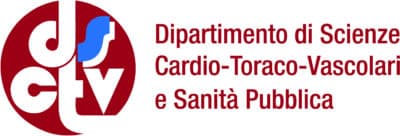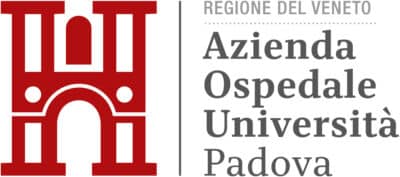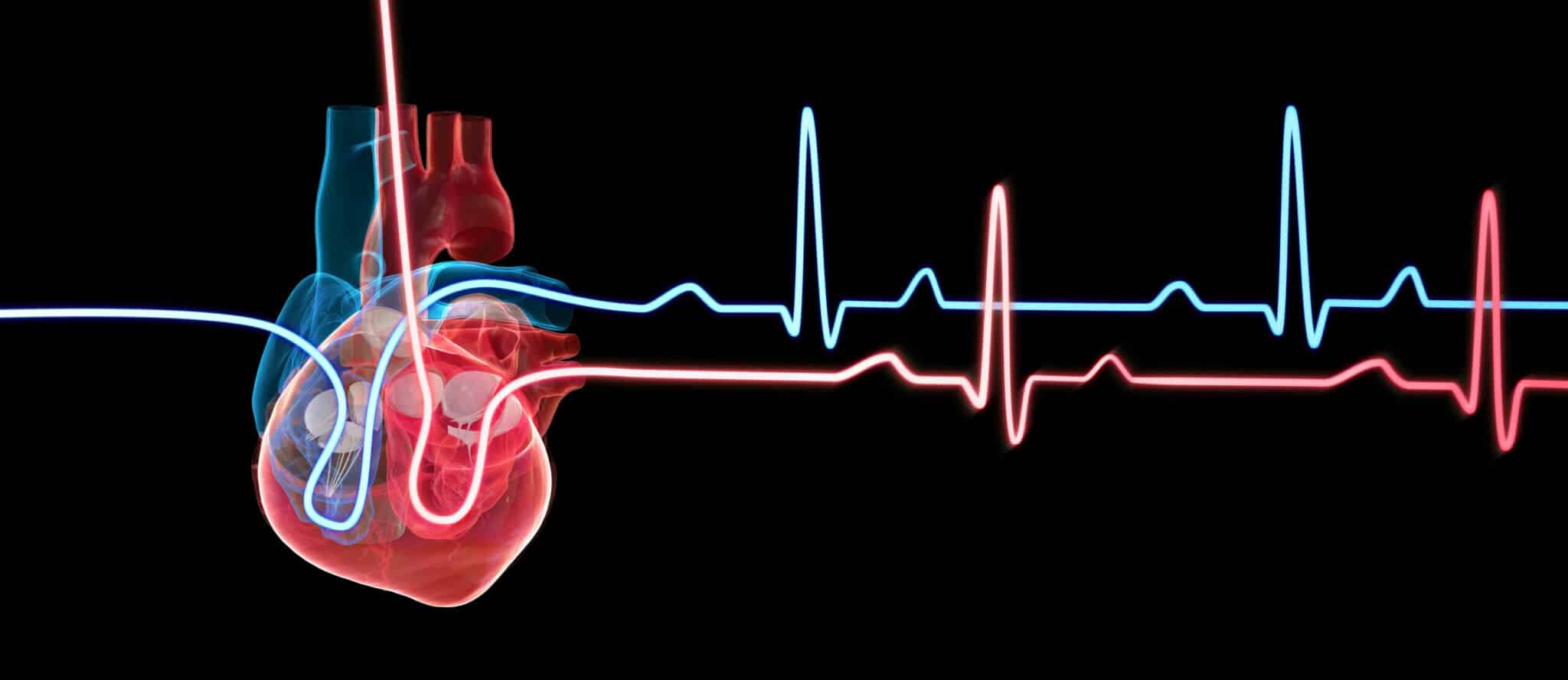

Master’s Degree in Advanced Heart Failure Therapy with Mechanical Circulatory Support Systems.
The Master’s program aims to deepen both theoretical and practical knowledge related to the assessment and clinical management of patients undergoing implantation of mechanical circulatory support devices. Topics covered include indications, risk stratification, materials and devices, implantation techniques, intraoperative and postoperative management, and follow-up of adult and pediatric patients treated with mechanical circulatory support systems, as well as the management of complications and emergencies in both hospital and community settings.
The Master’s program contributes to the technical and scientific training of medical doctors and biomedical engineers involved, on one hand, in the clinical (specialized and general) management of patients with mechanical circulatory support devices, and on the other hand, in the development and advancement of these devices.
The Master’s Degree in Advanced Heart Failure Therapy with Mechanical Circulatory Support Systems provides specialized training in the following areas:
-
Performing and interpreting instrumental examinations to identify patients with advanced heart failure who are candidates for mechanical circulatory support therapy.
-
Clinical evaluation and optimization of the timing for referral of patients with advanced heart failure eligible for mechanical circulatory support systems.
-
Participation in the clinical management of adult and pediatric patients affected by both acute and chronic advanced heart failure.
-
Intraoperative, postoperative, and follow-up management of patients with mechanical circulatory support devices.
-
Management of major complications and emergencies in patients with mechanical circulatory support systems.
-
Raising awareness among biomedical engineers about advanced heart failure to support the development of new devices.
The Master’s Degree in Advanced Heart Failure Therapy with Mechanical Circulatory Support Systems is aimed at graduates in Medicine and Surgery as well as Biomedical Engineering.
On one hand, it aims to develop autonomy in the evaluation of patients with advanced heart failure who may benefit from the implantation of mechanical circulatory support systems, and subsequently in the management of patients carrying such devices. On the other hand, it seeks to enhance the ability of the various healthcare professionals involved in the patient care pathway to interact effectively, both in hospital settings and in the community.
Furthermore, the Master also aims to improve collaboration between physicians and biomedical engineers to optimize device performance.
The program emphasizes the development of critical judgment regarding clinical scenarios, treatment approaches, and adherence to international guidelines.
The Master’s Degree in Advanced Heart Failure Therapy with Mechanical Circulatory Support Systems covers the following topics in depth:
Module 1 – CLINICAL AND INSTRUMENTAL ASSESSMENT OF ADULT AND PEDIATRIC PATIENTS WITH ACUTE AND CHRONIC ADVANCED HEART FAILURE
Epidemiology, etiology, definition, and classification of acute and chronic heart failure in adult and pediatric patients. Indications, methodologies, and interpretation of various imaging and instrumental techniques in advanced heart failure. Indications and contraindications for the implantation of mechanical circulatory support systems and description of the hub-and-spoke care model.
Module 2 – TECHNOLOGIES AND TECHNIQUES FOR THE TREATMENT OF ACUTE AND CHRONIC ADVANCED HEART FAILURE IN ADULT AND PEDIATRIC PATIENTS AND INTRAOPERATIVE MANAGEMENT
Description of short- and long-term mechanical circulatory support devices, application strategies, and surgical implantation techniques in adult and pediatric patients. Overview of medical, pharmacological, ventilatory, hemodynamic, and echocardiographic management during and after implantation of mechanical circulatory support systems. Description of possible therapeutic upgrades in patients with mechanical circulatory support.
Module 3 – MANAGEMENT OF PATIENTS WITH MECHANICAL CIRCULATORY SUPPORT: COMPLICATIONS AND QUALITY OF LIFE OPTIMIZATION
Description of arrhythmic complications and therapeutic options, management of antithrombotic therapy and hemocompatibility-related complications, infectious complications and their management in patients with mechanical circulatory support. Organization of outpatient follow-up, optimization of physical recovery, autonomy, and prevention or management of long-term complications. Explanation of the psychologist’s role in the evaluation and care pathway of patients with mechanical circulatory support and their caregivers.
The Master’s program lasts one year and involves participants from December 2025 to September 30, 2026.
The program includes lectures, practical exercises, seminars, individual study hours, and a project work.
Lectures are delivered in a blended format, with the schedule available at the beginning of the Master. The University’s Moodle e-learning platform and Zoom will be used.
In-person activities take place at the Cardiac Surgery Unit (UOC Cardiochirurgia) of the Padua University Hospital over 5 consecutive working days. During this period, participants will attend operating rooms, the intensive care unit, the inpatient ward, and the VAD outpatient clinic of the Cardiac Surgery Unit as observers.
In the final months of the Master, participants will develop a project work (individually or in groups of 2-3 people), which will be presented during the diploma awarding ceremony.
The general ranking of merit will be published on the Italian page of this Master according to the timing provided in the Call.
Information
FAQ
70% of the activities.
Distance learning will be delivered through live online sessions on the Zoom platform, which will also be made available afterwards on the University’s dedicated Moodle page for the Master’s program.
The main form of assessment is the development of a project work, where each participant will address and develop a topic related to the subjects covered during the Master’s course, tailoring it specifically to their own professional field and workplace.
No, there are no formal ongoing assessments. However, at the end of each module, participants will have access to a self-assessment test. This test does not affect the final completion of the Master but serves as a tool for participants to verify their understanding of the module’s content. The self-assessment test can be taken multiple times.

